MARTHA THOMASES: Confessions of an iPad Comics Virgin
I finally downloaded a few comics onto my iPad using the updated Comixology app. I mean, I’m on record as being a lover of comics on paper, as well as the comic book shops that sell them. However, I’m also a big fan of prose on paper, as well as the bookstores that sell them, and I love my Kindle, so I thought I should give the new delivery system a try.
Previously, I’d noticed a flaw in the iPad design as far as visual entertainment goes. The screen is too shiny. Reading a book on the iBook app is more difficult for me than reading a book on the Kindle because of the glare (the Kindle has a matte finish). It’s even more distracting when watching a movie. However, I enjoy having a movie downloaded if I’m flying somewhere, and I might also enjoy having a virtual stack of comics.
I started by scouting out the free comics, because what if I didn’t like it? And I wanted something I hadn’t read already, so my previous opinion wouldn’t influence me. My son loves Robert Kirkman, and I was a fan of the TV show, so I downloaded the first issue of The Walking Dead.
It was a good choice. The app was easy to use, even for an old fart like myself, and I enjoyed my experience.
So last week, when there was a shipment glitch at New York comic shops, and I couldn’t get two of the books I wanted at any of my local stores by Saturday, I went online and paid for content. Reading Detective Comics and Stormwatch was, oddly, more difficult than reading the indie comic with lower production values. The lettering was hard to read, too small, and when I made the image bigger, I lost the flow of the page.
Did I lose some strength in my optic nerves? I went back to read Walking Dead again (and why can’t you go back to the beginning with one touch?), and that still worked well for me.
Still the color of the DC books was brilliant, and there were no ads. There were also no letters pages or other DC editorial material. For my $2.99, I got my story, and that’s it.
As it happens those two books have a reasonable amount of story. If I’d read Justice League #1 in that format, I would have been irked.
Will I buy more? Maybe back issues, because I’d rather have the stuff on my computer than in storage. Or if I’m away on a long trip, where I’m unfamiliar with the local comic book shops. Or if it’s the middle of the night and I don’t want to get dressed and go walking the streets, looking for Superman (or, I suppose, Mr. Goodbar).
But otherwise? I’m sticking with paper, at least for the near term. I like my comics with some social interaction. I like folding back the cover – and watching the true collectors freak out.
There aren’t that many occasions when I can feel eight years old again, and reading comics lets me do it once a week. So I’ll stay with the format from last century for as long as I can.
Martha Thomases, Dominoed Daredoll, really really really liked the new Animal Man.
SATURDAY: Marc Alan Fishman



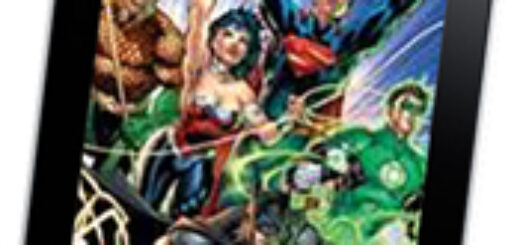


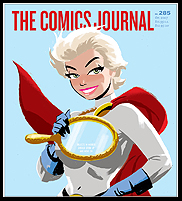
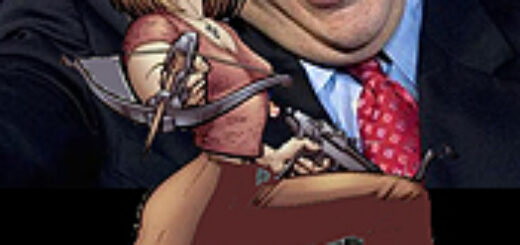

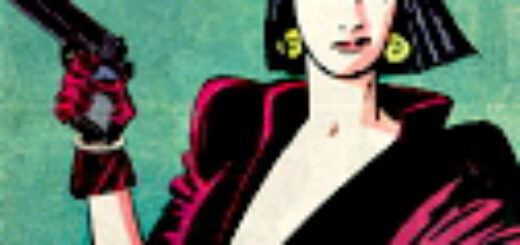

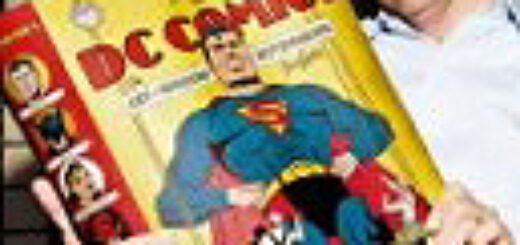
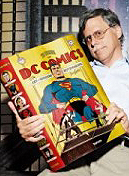
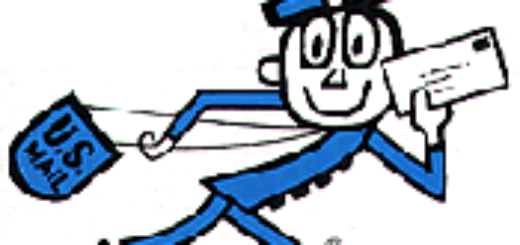





 All right, let’s get them all out of the way…
All right, let’s get them all out of the way… And then one day you find ten years (and two weeks) have got behind you…
And then one day you find ten years (and two weeks) have got behind you…








